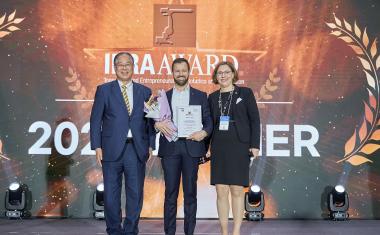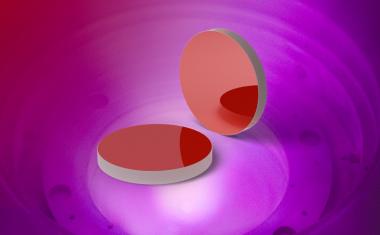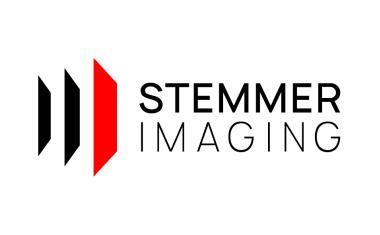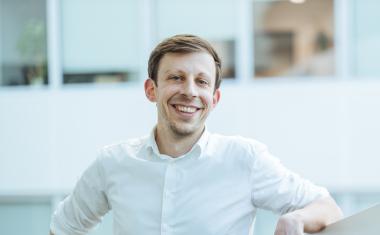Image Analysis Researcher receives Leibnitz Prize 2009
Prof. Dr. Joachim Weickert (44), Image Processing/Computer Science, Saarland University, one of the world's leading researchers in the field of image analysis and its applications receives the 2009 Leibnitz Prize. He is concerned with the development of mathematics-based image analysis processes, which can be realised effectively and efficiently on today's computer systems. The main goal of these is to improve incomplete or noisy image data, so as to reconstruct the original image. For the purpose of denoising badly distorted image data by means of diffusion filtering, Weickert was the first to develop a practice-relevant theory. This has become the basis for numerous techniques now being used in medical imaging, in geoscientific image processing and in computer-supported quality control in industry. Weickert worked well beyond the borders of computer science and mathematics, in close cooperation with engineers and medical researchers. He was thus able to produce highly innovative solutions for information processing problems that affected other fields.
Joachim Weickert received his doctoral degree in mathematics and his habilitation for computer science. After completing postdoctoral research visits to the Netherlands and Denmark, he first worked in Mannheim before accepting the Chair of Mathematics and Computer Science at the University of Saarland.
The Leibniz Prize award ceremony will be held on 15 March 2010 in Berlin. The DFG and the German scientific community will also be celebrating the 25th anniversary of the Leibniz Programme. The Gottfried Wilhelm Leibniz Prize has been awarded by the DFG every year since 1986 for outstanding achievements in research.
"The Leibniz Prize has long been Germany's most distinguished science prize for researchers and also one of world's most prestigious scientific awards," said the DFG President, Professor Matthias Kleiner, on the occasion of the announcement of this year's prizewinners and the upcoming anniversary. Kleiner called to mind the fact that six Leibniz prizewinners have gone on to receive the Nobel Prize: 1988 Professor Hartmut Michel (chemistry), 1991 Professors Erwin Neher and Bert Sakmann (medicine), 1995 Professor Christiane Nüsslein-Volhard (medicine), 2005 Professor Theodor W. Hänsch (physics) and 2007 Professor Gerhard Ertl (chemistry).
According to Kleiner, the Leibniz Prize recipients stand for scientific discoveries and accomplishments of the highest calibre and they have proven: "In science too, everything depends on the person involved. At the end of the day, science and research are advanced by individual personalities, who are motivated by their own thirst for knowledge, their own intellectual curiosity and their own courage to ask new questions and to explore new territory." This courage and the accomplishments it leads to are rewarded in three ways by the Leibniz Prize: "The prize brings its winner worldwide recognition, a substantial award of up to 2.5 million euros and above all the freedom to use this money over the following seven years to pursue their own scientific agenda, without any bureaucratic overhead - truly idyllic freedom," said Kleiner, alluding to the words of former DFG President, Professor Hubert Markl.











